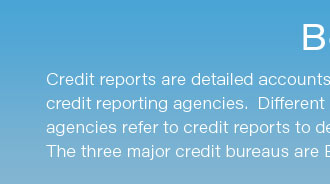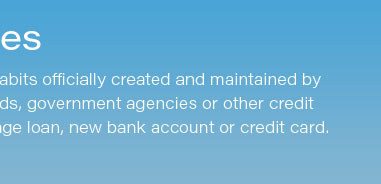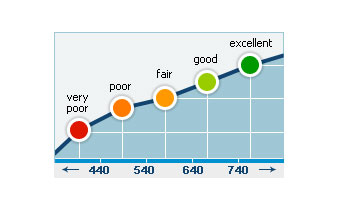 |
 |
 |
|---|
 |
 |
 |
|---|
 |
|
|---|---|
 |
|
 |
 |
 |
|---|
Discover unparalleled insights with our credit report services review, featuring TransUnion's free credit reports-your gateway to financial empowerment and clarity; explore the depths of your credit history, understand every nuance, and take charge of your financial destiny with confidence and precision, knowing that with TransUnion, transparency isn't just a promise, it's a guarantee; step into a world where your financial future is crystal clear, and seize the opportunity to transform potential into success.
https://www.transunion.com/credit-help
Credit Counseling and Debt Organizations. The following non-profit organizations offer free credit counseling. These organizations can help guide you and give ...
Credit Counseling and Debt Organizations. The following non-profit organizations offer free credit counseling. These organizations can help guide you and give ...
https://www.transunion.com/get-credit-report
Get free weekly credit reports from all three credit reporting agencies at annualcreditreport.com. You can also get your TransUnion credit report through ...
Get free weekly credit reports from all three credit reporting agencies at annualcreditreport.com. You can also get your TransUnion credit report through ...
https://consumer.ftc.gov/consumer-alerts/2023/10/you-now-have-permanent-access-free-weekly-credit-reports
The three national credit reporting agencies Equifax, Experian, and TransUnion have permanently extended a program that lets you check your ...
The three national credit reporting agencies Equifax, Experian, and TransUnion have permanently extended a program that lets you check your ...
![]()
